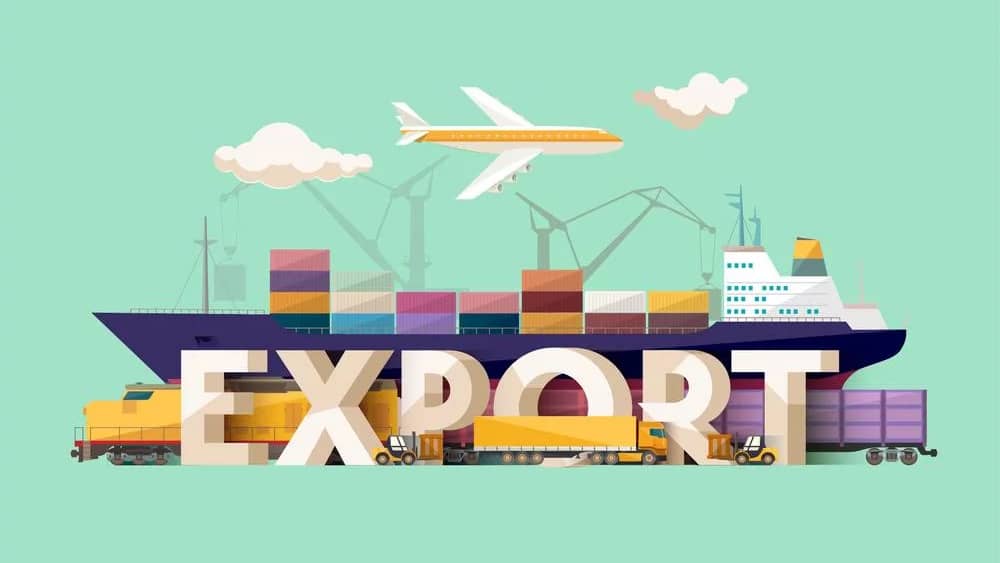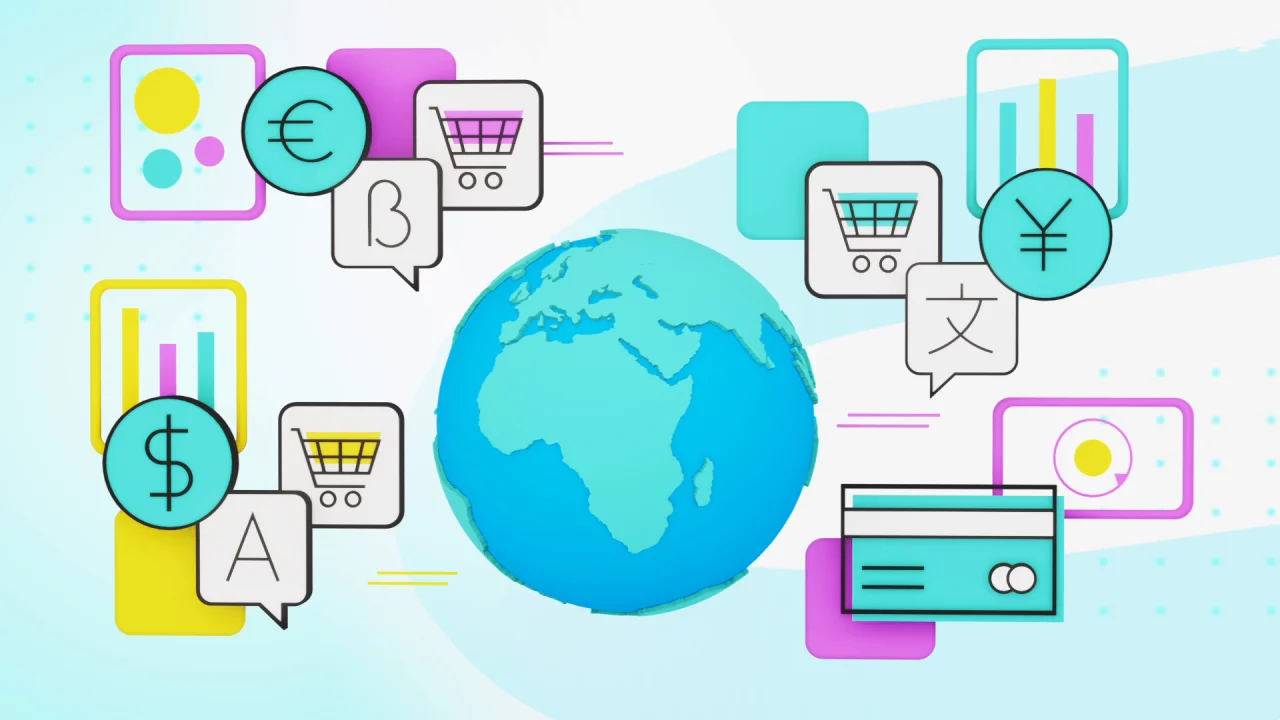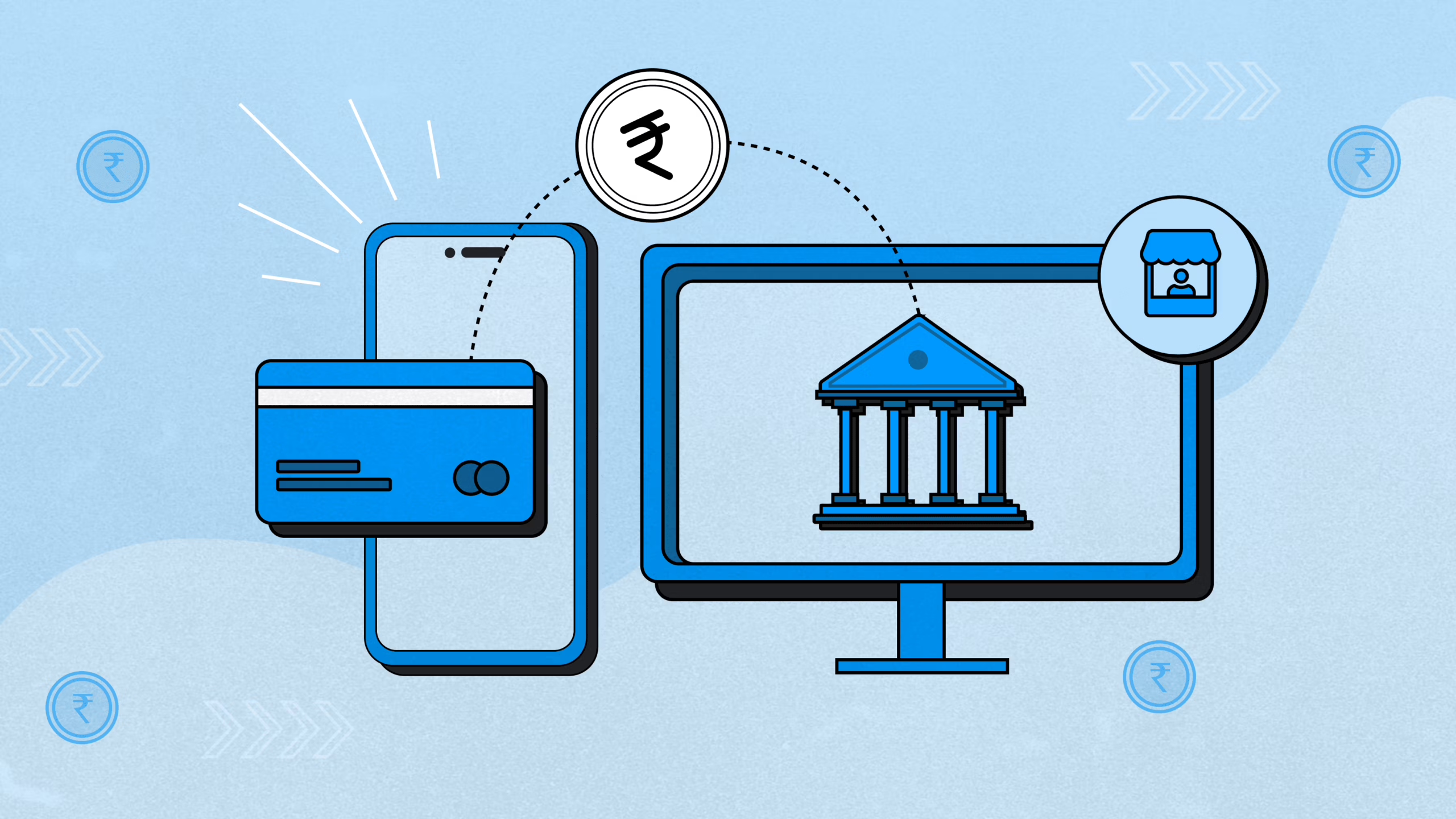In global commerce, the scope for expansion is gigantic. Indian companies, ranging from successful MSMEs to giants, are increasingly seeking foreign shores for new customers and markets. But exporting is not without its specific challenges, not least among these being the risk of default of payment by foreign buyers. That is where Export Credit Insurance (ECI) comes into play as an essential protection, providing a vital shield for your international sales.
Suppose you’ve sent a large order to a new overseas client in anticipation of payment, only to encounter unexpected events in their nation or with the buyer himself. Without protection, an incident like this could result in a huge amount of lost money, affecting your cash flow, profitability, and even your capacity to carry on international business. Export Credit Insurance is specifically created to safeguard your hard-earned revenues from such perils, ensuring that your revenue will be secure.
What is Export Credit Insurance (ECI)?
In simple terms, Export Credit Insurance (ECI) safeguards an exporter of products and services against the risk of non-payment by a foreign buyer. It provides you, the exporter, with a conditional guarantee that payment will be realized even when your foreign buyer is experiencing difficulties or is unable to pay. This significantly minimizes the payment risks involved with international business, enabling you to confidently expand your international reach.
ECI protects exporters’ foreign accounts receivable from a wide array of risks that may result in non-payment. This is particularly important since even very creditworthy buyers can default due to events beyond their control.
What Types of Risks Is ECI Designed to Cover?
Export Credit Insurance offers all-inclusive coverage against commercial and political risks:
- Commercial Risks: These are directly tied to the buyer’s financial position and their ability to pay. They generally encompass:
- Insolvency or Bankruptcy: The buyer formally declares inability to pay debts.
- Extended Defaults/Delayed Payment: The buyer does not pay within a stated, longer term after the agreed due date.
- Political Risks: These risks are due to events or acts in the buyer’s nation that forestall payment, even if the buyer is willing to pay. These may include:
- War, Terrorism, Riots, Revolution: Political unrest that interferes with trade or payment mechanisms.
- Currency Inconvertibility: The buyer already possesses the local currency, but cannot exchange it into your desired currency (e.g., INR, USD) or repatriate it from their country because of government controls.
- Expropriation: The host government seizes possession of the buyer’s business or assets, preventing them from making their payment commitments.
- Import or Export Regulation Changes: Unforeseen changes in trade regulations in the buyer’s nation affecting the legality or feasibility of the transaction, resulting in non-payment.
Note what ECI does not insure: physical damage or loss of the goods transported. For these, you would require other types of insurance such as marine, fire, or casualty insurance.
Forms of ECI Policies: Short-Term vs. Medium-Term
ECI policies are usually classified according to the repayment period they insure:
- Short-Term ECI (One Year or Less): This is the most frequent type and usually insures:
- Consumer goods, materials, and services for a period of 180 days.
- Small capital equipment, consumer durables, and bulk commodities for 360 days.
- Normally grants 90% to 95% protection against commercial and political risks.
- It is recommended for use in combination with open account terms so that the exporter can make competitive credit periods available safely.
- Medium-Term ECI (One to Five Years): This form is used for larger, more sophisticated transactions, normally covering:
- Large capital goods for five-year repayment periods.
- It typically covers about 85% of the net contract value.
ECI may be acquired on a single-buyer basis (for one transaction with a single buyer) or on a portfolio multi-buyer basis (for several buyers and transactions, usually cheaper for regular exporters).
Why Export Credit Insurance is Critical to Your Business?
ECI provides numerous advantages that positively affect an exporter’s development and financial stability:
- Competitive Advantage: ECI enables you to provide more favorable “open account” terms to foreign buyers. While others may require less convenient procedures such as Letters of Credit or prepayment, providing open terms (where payment is not due until goods are shipped) can significantly boost your sales. Foreign firms purchase an average of 40% more when given open terms, says the World Trade Organization.
- Reduced Non-Payment Risk: It serves as a safety net, lessening the threat of bad debt due to unexpected defaults, insolvencies, or political disturbances.
- Greater Sales and Market Share: With less non-payment risk, you have the confidence to venture into new or emerging markets that may otherwise be too risky. This can result in greater export sales and a more robust global market position.
- Improved Access to Financing: When your foreign accounts receivable are insured, lenders (banks and financial institutions) view your business as less risky. This makes them more willing to increase your borrowing capacity and offer more attractive financing terms, such as pre-export working capital financing. This enhanced access to funds is crucial for scaling operations.
- Improved Risk Management: ECI offers a disciplined method of managing export credit risk, ensuring that businesses can deal with the complexities of international trade with more confidence.
Where Can You Buy Export Credit Insurance (ex: India)?
In India, the major export credit insurer is the Export Credit Guarantee Corporation of India (ECGC) Limited. The ECGC is a government-owned export credit agency under the Ministry of Commerce and Industry, Government of India, with its head office located in Mumbai. It was established in 1957 to promote exports by offering credit risk insurance and ancillary services.
ECGC provides exporters with a range of policies to suit various exporter requirements, covering both commercial and political risks for short-term, medium-term, and even long-term periods. They also provide support for banks extending export credit to exporters.
Though ECGC is the market leader, it’s worthwhile for Indian exporters to consider alternative options from private commercial risk insurance entities that might be present in the market. Consulting with a specialty insurance broker will enable you to compare quotes and choose the most economical solution for your individual circumstances. These established brokers and entities are often identified through online searches or professional recommendations.
Key Features and Aspects of ECI
- Cost vs. Benefit: The cost of acquiring and holding an ECI policy (premiums) is a factor. Yet this cost is usually factored into the selling price by exporters, so it is not too high a cost for the significant risk protection it affords. Premiums vary depending on individual risk considerations like the creditworthiness of the buyer and the nations involved. A majority of multi-buyer policies may be less than 1% of the insured sales, whereas single-buyer policies have a wider range because they are perceived to be riskier.
- Risk Sharing (Deductible): ECI coverage is often not 100 percent. Exporters typically bear the risk of an uncovered percentage of the loss (a deductible). For example, short-term ECI may cover 90-95%, whereas medium-term may cover 85%.
- Proactive Purchase: ECI should be a proactive purchase, not one that waits until a customer causes trouble.
Best Practices to Mitigate Export Credit Risk
Despite ECI, maintaining strong credit management practices is essential for global business success:
- Research Potential Export Credit Risks: Identify clearly the particular commercial, financial, and political risks involved in the target country and buyer. Use resources such as country reports and credit information services (such as are frequently made available by ECI insurers) to evaluate buyer creditworthiness.
- Ensure Correct Export Contract Documentation: Get your terms and conditions checked by a seasoned export/import lawyer. Contracts must be concise, to the point, state governing law, and include clauses for late payment interest, collection fees, and legal fees if payment is overdue. Ensure terms are signed and dated prior to the order.
- Maximize Your Opportunity to Obtain Payment: Familiarize yourself with local legal processes and cultural sensitivities for debt recovery. Be ready for out-of-court settlements and utilize debt recovery companies with international networks if necessary.
- Establish Long-Term Relationships: In most cultures, it is important to develop personal relationships. Be flexible, patient, and willing to change your style to establish trust and obtain key feedback from local collaborators.
- Vet Partners Wisely: Do serious due diligence on potential strategic partners. Research their reputation and financial condition, adhering to predetermined criteria. Do not rush into deals based on good financial terms alone.
- Be Persistent and Patient: Expansion abroad will take time. Do not anticipate speedy sales or returns. Keep track of your progress and the developments in the market, and revise your export credit risk management plan, including ECI coverage, when necessary. It is often 2-5 years before initial investment can be recovered, depending on the market.
Conclusion
Exporting is a gateway to a world of business opportunities for Indian businesses but brings with it new risks. Export Credit Insurance is a mighty insurance shield, safeguarding your foreign sales from unexpected commercial and political obstacles. By lessening the risk of non-payment, ECI not only protects your receivables but also enables you to provide competitive terms, penetrate new markets, and obtain better financing. In today’s increasingly interconnected yet unpredictable global economy, Export Credit Insurance is not just an option; it’s a strategic imperative for any exporter aiming for sustainable growth.
Simplify Your Global Payments
When it comes to making your global trade seamless and secure, you’ve learned about the power of Export Credit Insurance. But a crucial piece of the puzzle is how efficiently you manage your actual payments – both sending and receiving.
That’s where a modern cross-border payment platform like BRISKPE can truly transform your operations. Imagine a world where your international payments are not just secure, thanks to ECI, but also faster, more transparent, and significantly more affordable. Briskpe is designed specifically for Indian businesses, helping you effortlessly handle transactions across borders, receive funds from global clients with ease, and manage multiple currencies without hidden fees.Ready to simplify your global financial journey? Explore how BRISKPE can streamline your cross-border payments. Visit BRISKPE website today to learn more and see our innovative solutions in action!








